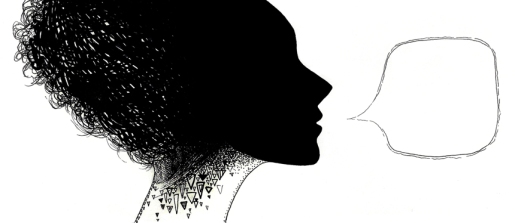By Kimberley John
The current Poet Laureate, Carol Ann Duffy, has a great love for language and focuses on this in a number of her poems. She discusses the beauty of the written and the spoken word, but she also highlights the flaws. I believe that it is the latter which, unfortunately, many of us can strongly relate to.
In the 1990 poem Words, Wide Night, Duffy explores the emotions one feels when separated from their loved one. She closes with the statement, “For I am in love with you and this / is what it is like or what it is like in words.” A profound meaning is conveyed in this line, and it suggests that we are unable to profess our emotions and relay all of our thoughts and feelings to the fullest extent via accessible communication.
Language is inadequate. I encounter this feeling often – too often, when experiencing different emotions. When I’m angry, all I can do is scream. If I’m sad, I find it much easier to express that through crying rather than talking. When I’m happy or excited, I become very active and jump around everywhere. That might seem strange (especially the last part) but we all do it! When we’re annoyed, we groan and roll our eyes. We struggle to get people we text, tweet and email to understand exactly how we feel. And, like the picture Duffy paints in her poem, saying a simple “I love you” is never enough so we strive to show our love for others through many means.
Yet, maybe language isn’t so limited. If we expand the concept of language from the spoken and written word to the language of humanity, we find that absolutely everything can be expressed. There may be global language barriers, but we do not need speech to understand someone. We all have the ability to pick up on how people feel through the way they conduct themselves, whatever their tongue.
Language unites us all. We should not take it for granted.
